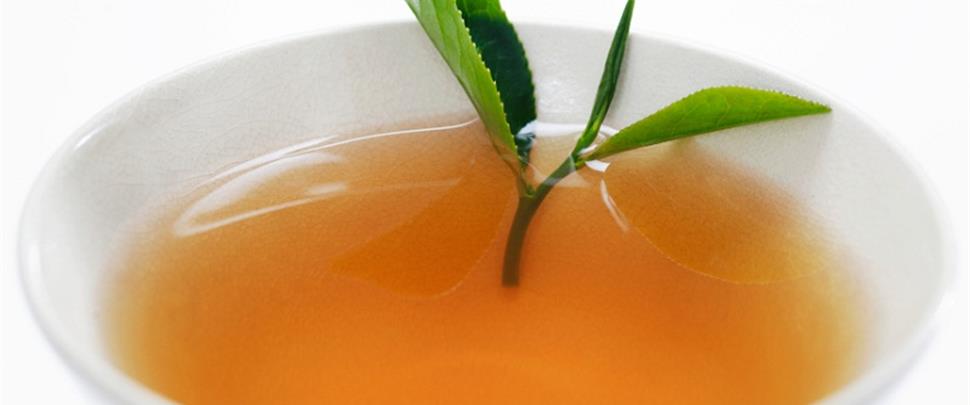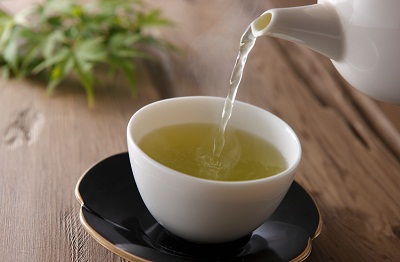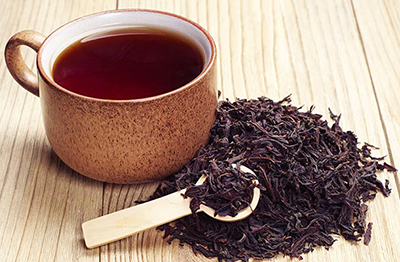Benefits of Tea, by Health Promotion Board, 17 May 2019, www.healthhub.sg

Tea has been known to be a healthy beverage for many centuries. But should you be drinking black, oolong, green or white tea for maximum health benefits? What are the differences between them? Read on to find out.
Differences between white, green, oolong and black tea
All four teas are made from leaves of the Camellia Sinensis plant. The main difference between these teas lies in the way they are processed.
White tea and green tea

White tea is made from the buds and young leaves while green tea is made from mature leaves. In order to prevent oxidation (which causes browning), white and green tea leaves are steamed before drying. This process helps in the retention of the naturally occurring phytochemicals (e.g. catechins) of the tea leaf.
Oolong tea and black tea

Oolong tea and black tea are made from mature leaves. To alter the flavour profile, oolong and black tea leaves are bruised and broken into bits respectively, before they are left to oxidise. Oolong tea is less oxidised as compared to black tea. The oxidation process also converts catechins into other beneficial phytochemicals (e.g. theaflavins and thearubigins). Hence, the content and type of phytochemicals present in oolong and black teas generally differ from those of white and green teas.
Benefits of drinking tea

For a refreshing change from drinking plain water, try a cup of tea instead. Teas are rich in beneficial phytochemicals such as those mentioned above. Freshly brewed tea generally contains more phytochemicals as compared to instant preparations and ready-to-drink teas. The phytochemicals present in teas have antioxidant activities and hence can benefit health. You should consume a variety of freshly brewed tea given that the amount and variety of antioxidants vary from tea to tea. In addition, remember to omit or add less sugar when preparing tea, or choose ready-to-drink teas that are unsweetened or sweetened with less sugar for a healthier beverage.
Regular tea consumption has been shown to improve the function of the blood vessels (endothelial function). It may also help to reduce visceral fat (fat that lies deeper inside the abdomen, surrounding the abdominal organs). Hence, regular tea drinking may reduce the risk of cardiovascular disease. However, its effect on reducing the risk of cancer is inconclusive.
Does Tea Contain Caffeine?
Tea contains caffeine, but generally at a lower concentration as compared to coffee. An average cup of tea contains 50 mg of caffeine while coffee contains 100 mg of caffeine respectively. Hence in order to not adversely affect your health, it is advisable to limit your tea intake to no more than 3 to 4 cups per day.
Due to the caffeine content of the tea, people with insomnia, gastric ulcer, high blood pressure, heart disease or incontinence should limit their intake of tea. Some medication may interact with tea. Therefore people on medication should seek advice from their doctor or pharmacist with regard to their tea consumption. In addition, it is advisable for individuals with iron deficiency anaemia to consume tea between meals instead of during meals as tea contains tannins (substances that can inhibit iron absorption).
So Remember...
Drink a variety of tea as they contain different antioxidants that may be beneficial for health.
Choose teas that are unsweetened or sweetened with less sugar for a healthier beverage.
As with all foods and drinks, tea should be consumed in moderation (3 to 4 cups per day).